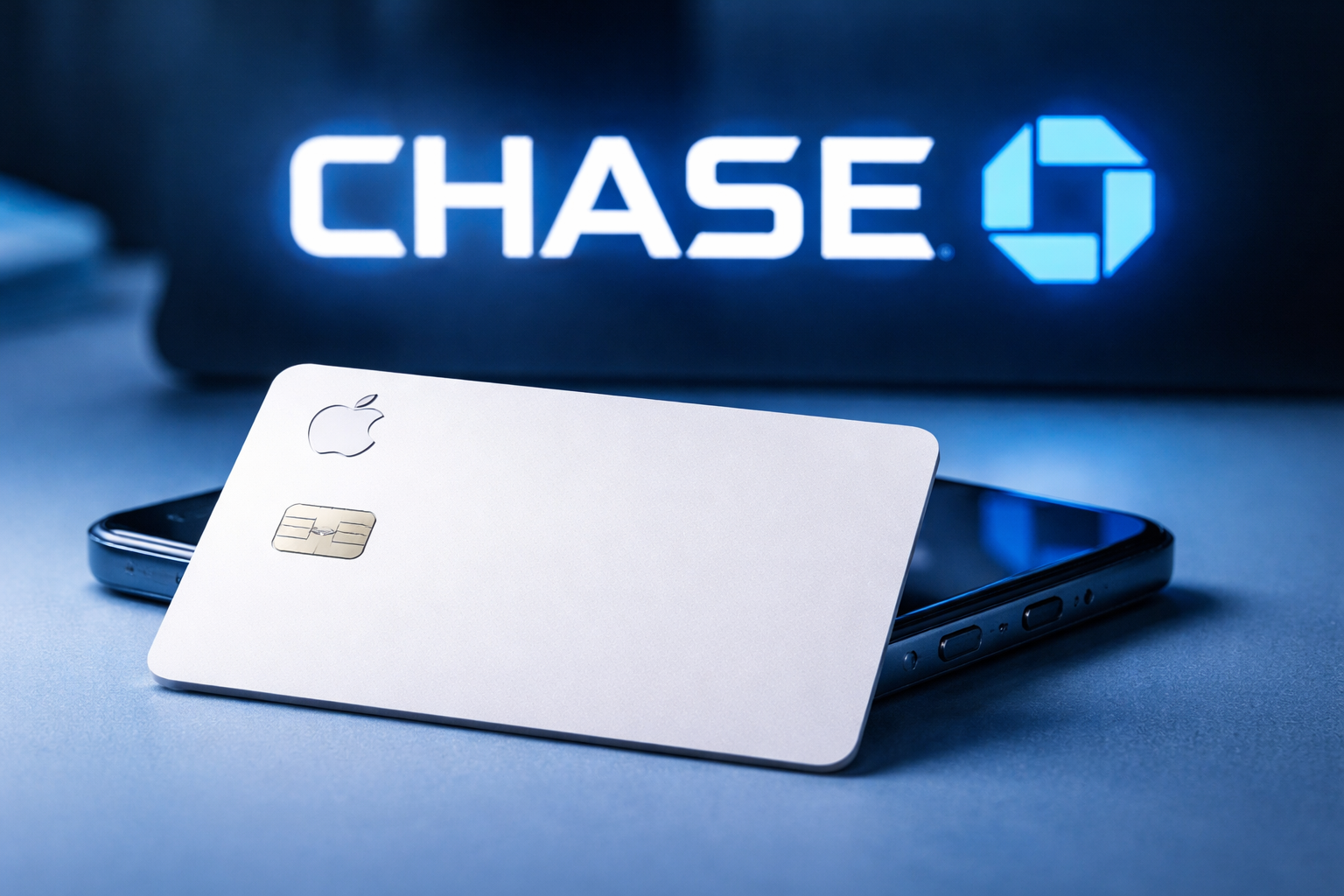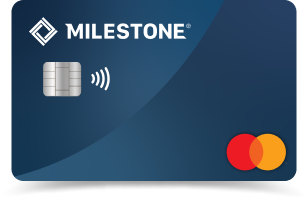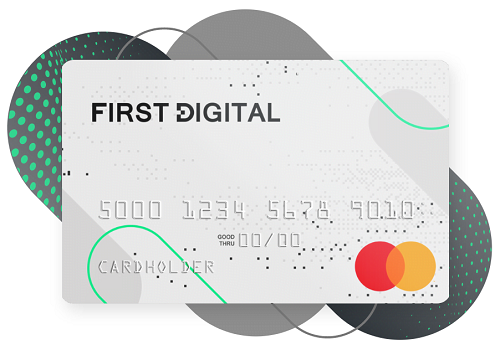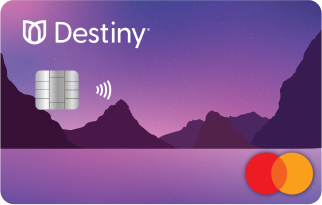For international students coming to the US or American students heading abroad this summer, foreign transaction fees can silently drain your travel budget. If you’re researching “how to avoid 3% foreign transaction fee for students” or “credit cards for summer study abroad programs,” this comprehensive guide focuses specifically on strategies to eliminate these unnecessary charges and make your money go further during your academic adventures.
Understanding Foreign Transaction Fees
Foreign transaction fees are surcharges (typically 3%) added to purchases processed outside your home country or in foreign currencies. For students already on tight budgets, these fees represent a completely avoidable expense.
Smart Strategies for International Students
For International Students in the USA:
International students face unique challenges when building credit in the US, but these options can help:
1. Student-Focused Cards with Global Appeal:
- Capital One Savor Rewards for Student Credit Card: Accepts limited credit
history and offers generous rewards plus zero foreign transaction fees - Firstcard® Secured Credit Builder Card with Cashback: Accessible option requiring security deposit
- Best options for credit cards for international students with no US credit history
2. Documentation Requirements for International Students:
- Valid student visa (F-1, J-1, or M-1)
- Proof of US address (utility bill or rental agreement)
- Student ID and enrollment verification (Foreign transaction fee applies on standard plans, but Premium plan users enjoy 0% foreign fees.)
- SSN or ITIN (Individual Taxpayer Identification Number)
3. Building US Credit Quickly:
- Become an authorized user on a trusted person’s established US account
- Use services that report rent payments to credit bureaus
- Consider secured credit cards with graduation paths to unsecured cards
For US Students Studying Abroad:
1. Beyond No Foreign Transaction Fee Cards:
- Alert your card issuer before departure (prevent security freezes)
- Understand dynamic currency conversion (always pay in local currency)
- Carry multiple payment options from different networks
- Enable travel alerts on your banking apps
2. ATM Strategy Abroad:
- Pair your credit card with a debit card that reimburses ATM fees
- Make fewer, larger ATM withdrawals to minimize flat withdrawal fees
- Research partner ATM networks at your destination before departure
- How to avoid ATM fees while studying abroad in Asia: use Charles Schwab or similar bank accounts that reimburse all ATM fees worldwide
Pro tip: Some countries require chip-and-PIN cards at unattended terminals like train kiosks, toll booths, and gas stations. Even if your U.S. card defaults to signature, ask your issuer for a backup PIN before you travel.
How to Choose Student Card for Semester Abroad in Europe
When preparing for a European semester abroad, consider these specific factors when selecting your credit card:
| Region/Country | Top Accepted Networks | Cash Reliance Level | Notes |
| Western Europe | Visa, Mastercard, Amex | Low | Contactless payment widely available |
| Eastern Europe | Visa, Mastercard | Medium | Major cities card-friendly, rural areas cash-heavy |
| Southeast Asia | Visa, Mastercard | High | Tourist areas accept cards, local areas cash-only |
| Latin America | Visa, Mastercard | Medium-High | Varies significantly by country |
| Australia/NZ | All major networks | Low | Excellent card acceptance throughout |
| Middle East | Visa, Mastercard | Medium | Major cities excellent, elsewhere variable |
Common Foreign Fee Traps for Students
1. Digital Subscriptions: Streaming services, apps, and online services often process payments internationally, triggering fees on standard cards
2. Booking Platforms: Many travel and accommodation sites process payments through international payment centers
3. Currency Conversion Services: Airport kiosks and tourist-area exchange services typically offer poor rates
4. Foreign Transaction vs. Currency Conversion: Understanding the difference can save substantial money:
- Foreign transaction fees: Charged by your card issuer
- Currency conversion fees: Charged by merchants when they offer to process inyour home currency (almost always decline this option)
Beyond Credit Cards: Comprehensive Fee Avoidance
For complete protection from foreign fees:
1. Digital Wallets with Multi-Currency Support:
- Several fintech options allow holding multiple currencies
- Can offer significantly better exchange rates than traditional banks
2. Student-Specific Banking Packages:
- Some banks offer comprehensive international student packages
- May include fee-free international transfers and multi-currency accounts
3. International Money Transfer Services:
- Services like Wise offer significantly better rates than traditional bank transfers
- Particularly valuable for paying tuition or receiving funds from home
FAQs: Foreign Transaction Fees for Students
Are foreign transaction fees the same worldwide?
Most US-issued cards charge a consistent percentage (typically 3%) regardless of the foreign country.
How do I know if my current card charges foreign fees?
Check your card agreement under “Fees” or call the number on the back of your card.
Will using a VPN trigger foreign transaction fees for online purchases?
No. Fees are based on where the merchant processes the payment, not your IP address.
Does withdrawing cash abroad incur foreign transaction fees?
Yes, plus potentially ATM fees and cash advance fees if using a credit card.
Can I dispute foreign transaction fees if I wasn’t aware of them?
Generally no, as they’re disclosed in your cardholder agreement. Focus on prevention instead.
Which credit card has no foreign transaction fee for students with no credit history?
The Capital One Savor Student Cash Rewards Credit Card is designed for students with limited credit history and charges no foreign transaction fees.
What are the best credit cards for students studying abroad in Europe?
Capital One student cards and Bank of America Travel Rewards for Students are excellent options for European study abroad programs due to their Visa/Mastercard network acceptance and zero foreign transaction fees.
The Bottom Line
For students with international plans, eliminating foreign transaction fees should be a top financial priority. The savings—potentially hundreds of dollars over a semester abroad—justify the small effort required to obtain the right financial tools before departure.
The Capital One Savor Rewards for Students Credit Card remains our top recommendation for most students due to its combination of no foreign fees, valuable rewards structure, wide global acceptance, and accessibility for those with limited credit history.
Looking for personalized credit card recommendations for your specific study abroad destination? Contact our CardGuy experts for a custom consultation!























2 thoughts on “Study Abroad: Complete Guide to Avoiding Foreign Transaction Fees for Students (2025)”
woh I am thankful to find this website through google.
Thanks again for the intelligent concepts you’ve discussed above.